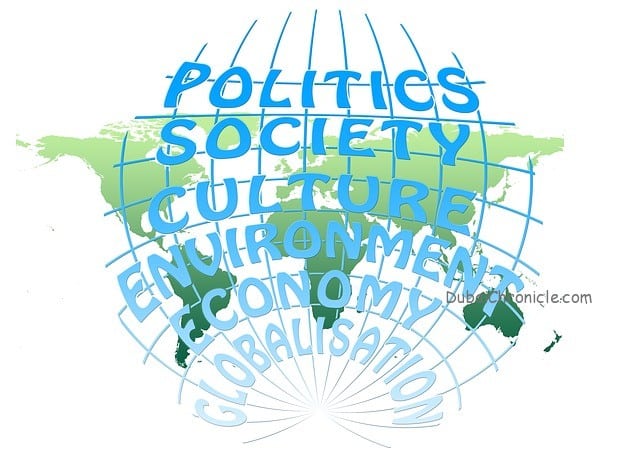
PwC economists reveal predictions for 2016
- G7 to grow at fastest rate since 2010, led by US and UK
- Geopolitics (rather than economics) will top policymakers’ agendas
- Commodity prices will remain lower for longer
- End of the Eurozone crisis
- African population to rise in 2016 by the equivalent of Australia
As we enter the New Year, PwC’s economists have once again peered into the crystal ball to make their predictions for 2016.
- Smoother sailing for the G7: The G7 is expected to grow faster than 2% in GDP-weighted terms, which would be the fastest pace since 2010. In contrast, the E7 emerging economies will grow slower than their trend rate (but still faster than the G7). Within the E7, the Brazilian and Russian economies will contract and China will slow, but India will be the star performer.
- Geopolitics, rather than economics, will be at the top of policymakers’ agendas: Three geopolitical issues will continue to dominate the news headlines. First, the migrant crisis in Europe, which may slow down in the winter, but could flare up again in the spring. Second, the response of the international community to the crisis in the Middle East. Third, the referendum on the fate of the UK’s membership of the European Union.
- Commodity prices will remain lower for longer: This this will be good news for most businesses, households and policymakers in commodity importing economies, but a challenge for countries that rely heavily on commodity exports.



































